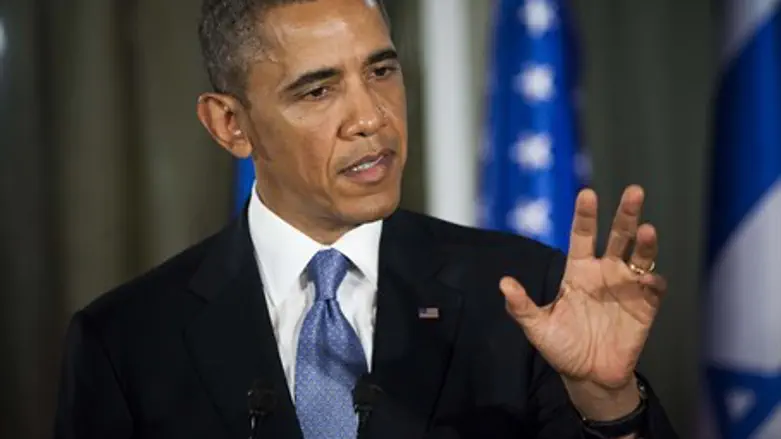
The United States is looking at a response to Syrian use of chemical weapons that is "very discrete and limited" and not open-ended, the White House said on Thursday.
The Obama White House rejected any attempt to compare U.S. plans for Syria to forner President George W. Bush's long-running war in Iraq that was justified on claims that Iraq possessed weapons of mass destruction, which were never found.
White House spokesman Josh Earnest said Obama's potential response to Syria's August 21 chemical weapons attack stood in stark contrast to the Iraq experience.
"What we're talking about here is something very discrete and limited," he said, and not an open-ended conflict aimed at regime change, reported Reuters.
Amid questions abroad about whether other nations would join the United States if a decision is made to launch military action, Earnest noted that a variety of world leaders and organizations such as the Arab League have voiced outrage at the chemical weapons attack and want a response.
"The opinion of other world leaders in this situation matters," he said.
Earnest said the United States would provide its own legal justification for an eventual response to chemical weapons use in Syria if necessary once Obama decides how to proceed.
"When the president reaches a determination about the appropriate response ... and a legal justification is required to substantiate or to back up that decision, we'll produce one on our own," Earnest said.
Earnest said the Obama administration is still on track to release details of an intelligence report aimed at showing why Washington is certain the Syrian government was behind the chemical weapons use.
Senior U.S. officials are to brief congressional leaders later on Thursday in an unclassified session.
Obama is trying to secure Western support for intervention in Syria, but those plans may have hit a setback on Thursday, when the British government was ultimately left without support for a military intervention, and decided to delay a decision.
British Prime Minister David Cameron argued in favor of international intervention in Syria in a lengthy Parliament debate, but his opponents in Britain’s Labour party and Independence party (UKIP) were not convinced by his arguments.
U.S. Ambassador to Israel, Dan Shapiro, said Thursday that a "strong" response to Syria's use of chemical weapons against civilians is a certainty.
When asked on public radio why Obama has not yet decided on action against Syria , Shapiro said, "You are correct in saying that President Obama has not yet decided exactly how we will respond to the use of chemical weapons, but there will be a strong and serious reaction because we, as well as the Arab League states, Muslim nations, and NATO members agree that the this is a very serious situation, in which the Syrian regime uses chemical weapons extensively against civilians, against women, against children – this is unacceptable and there must be a response.”
